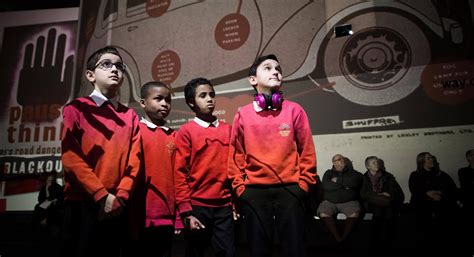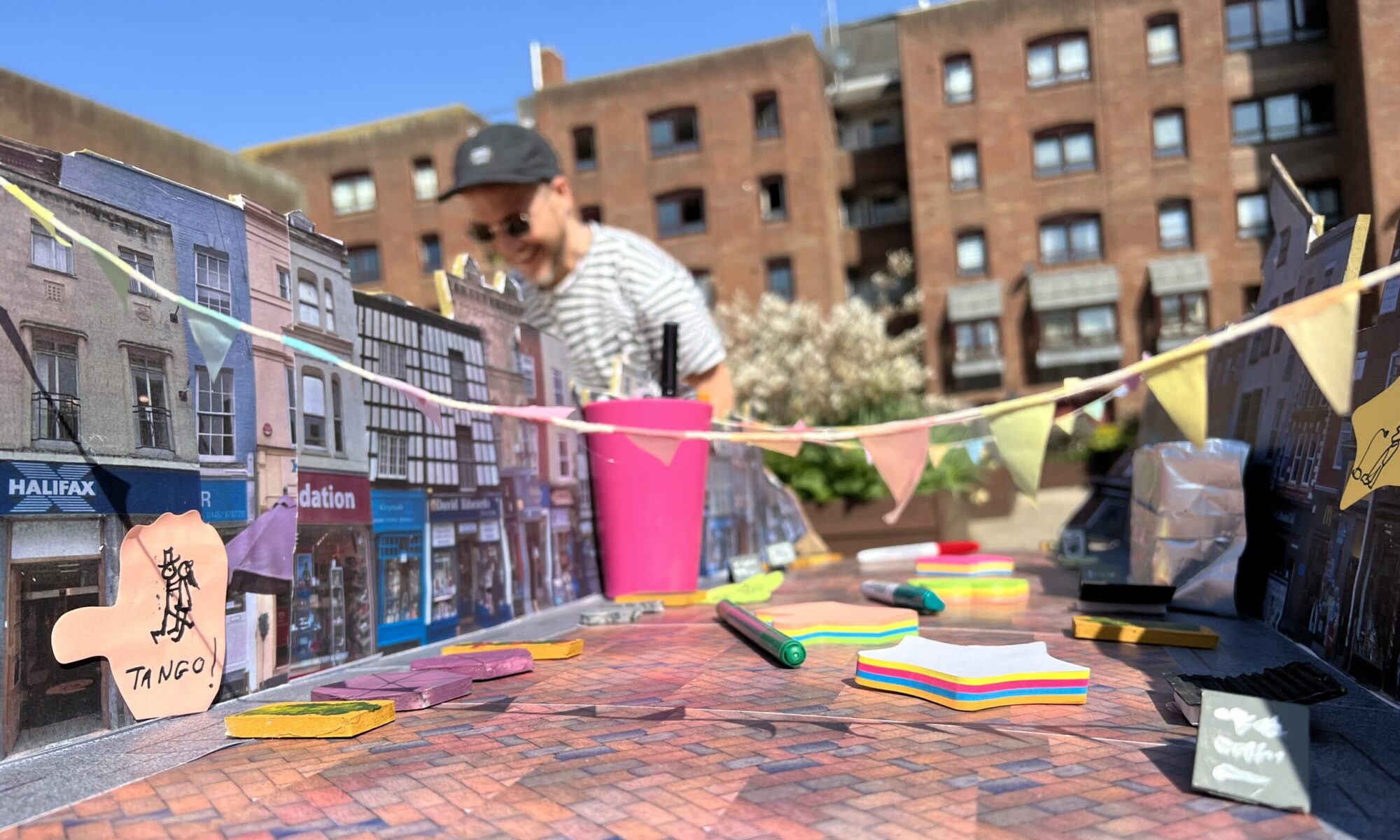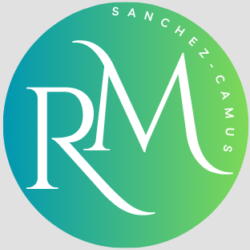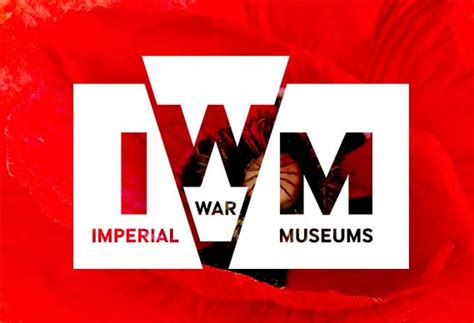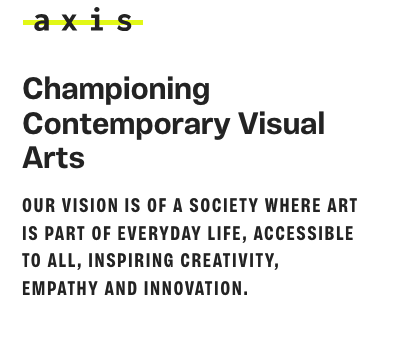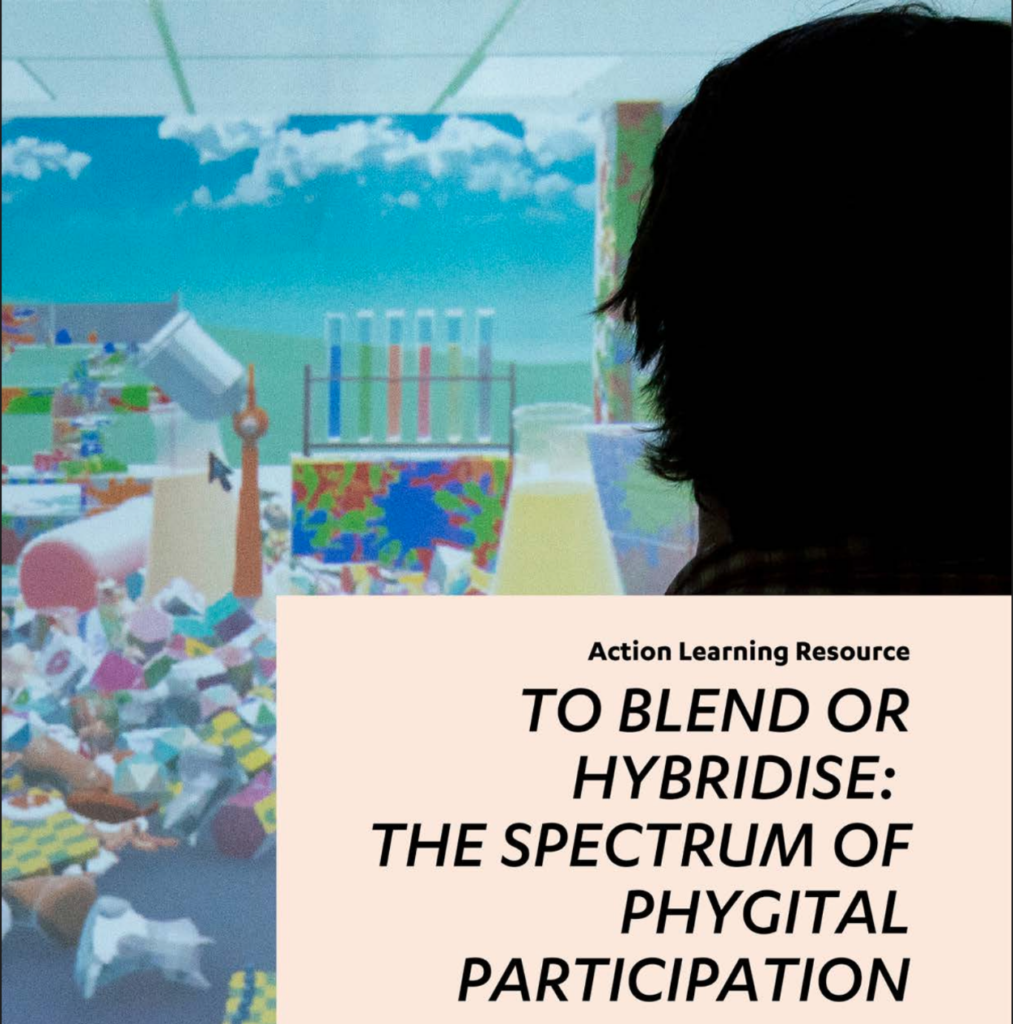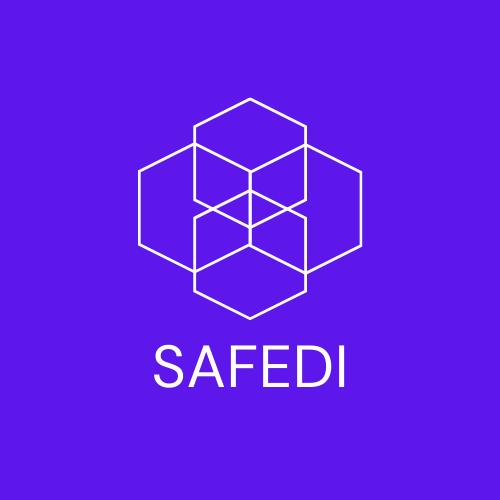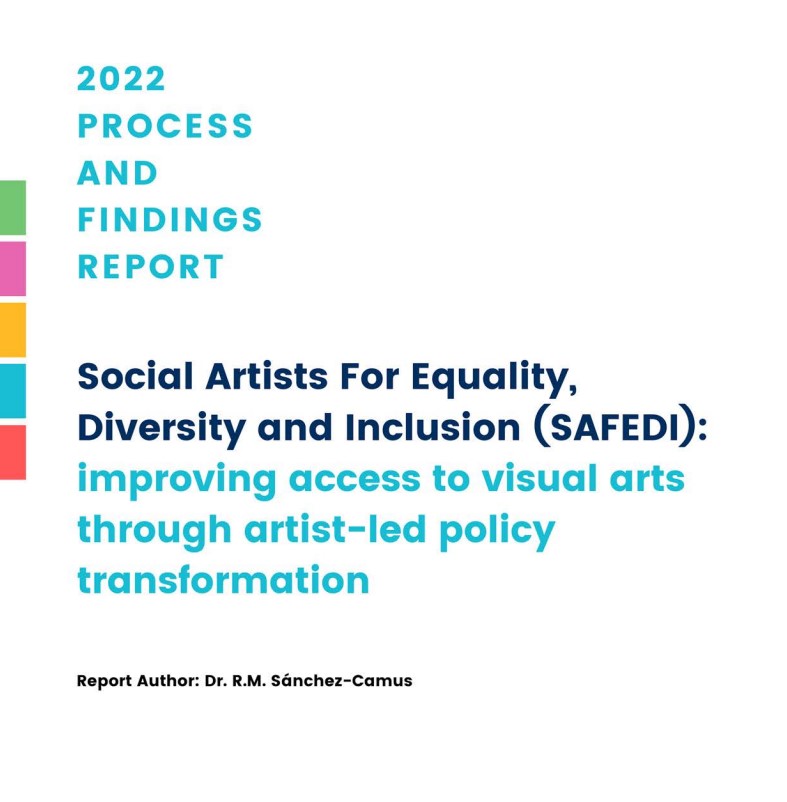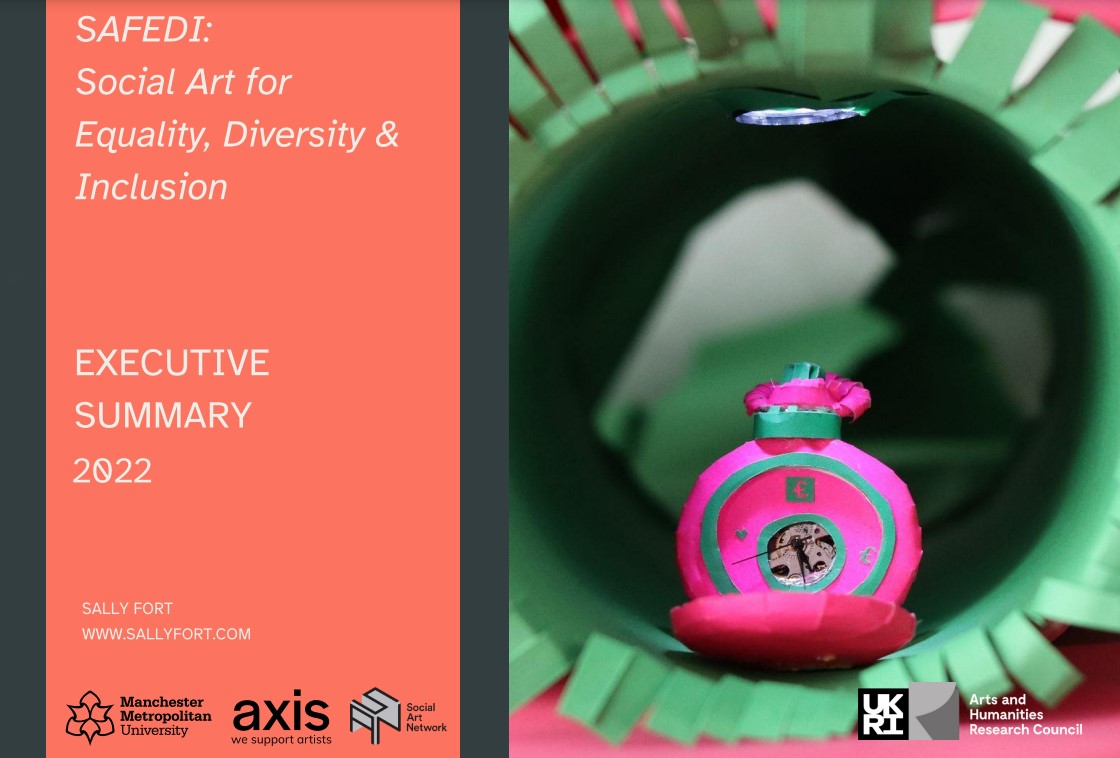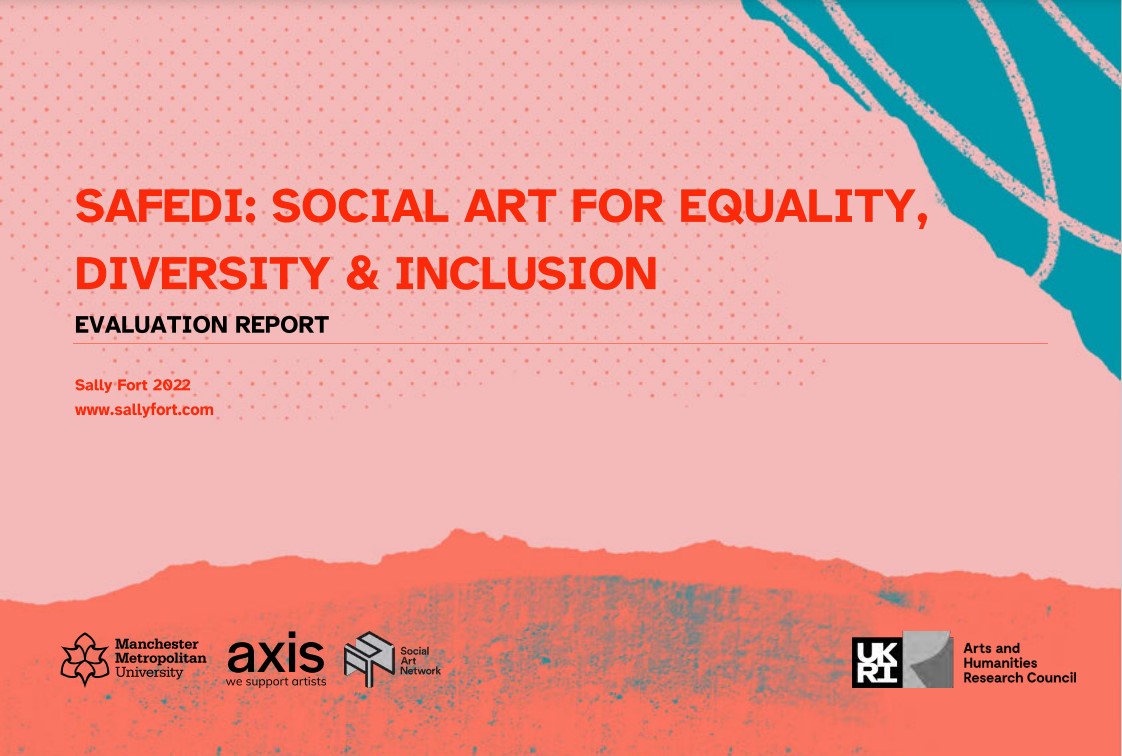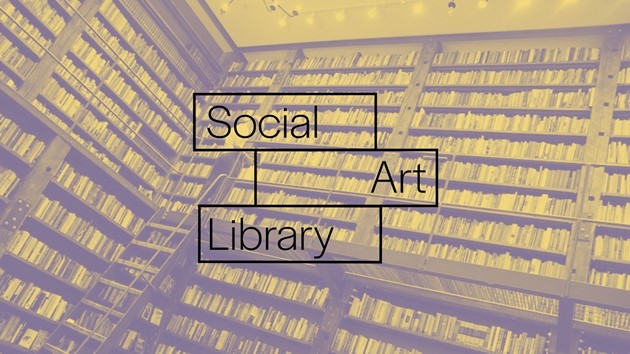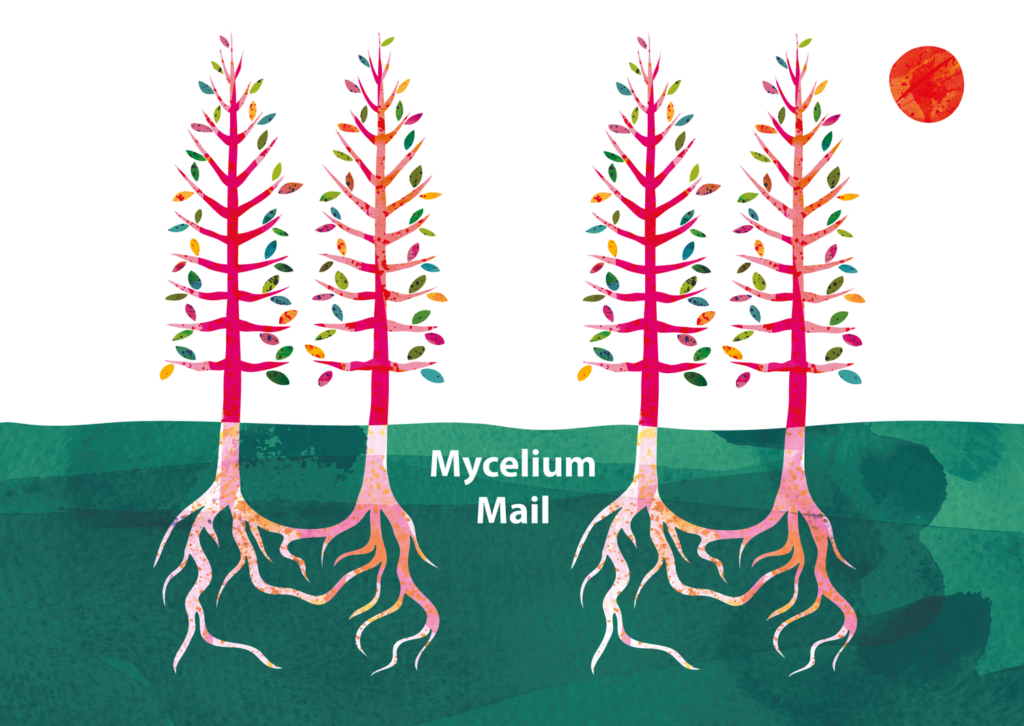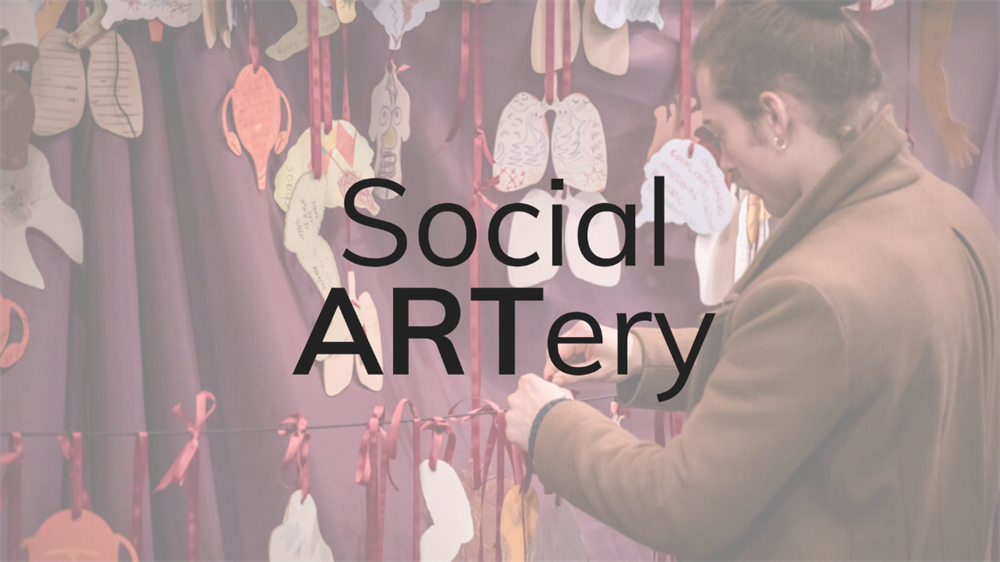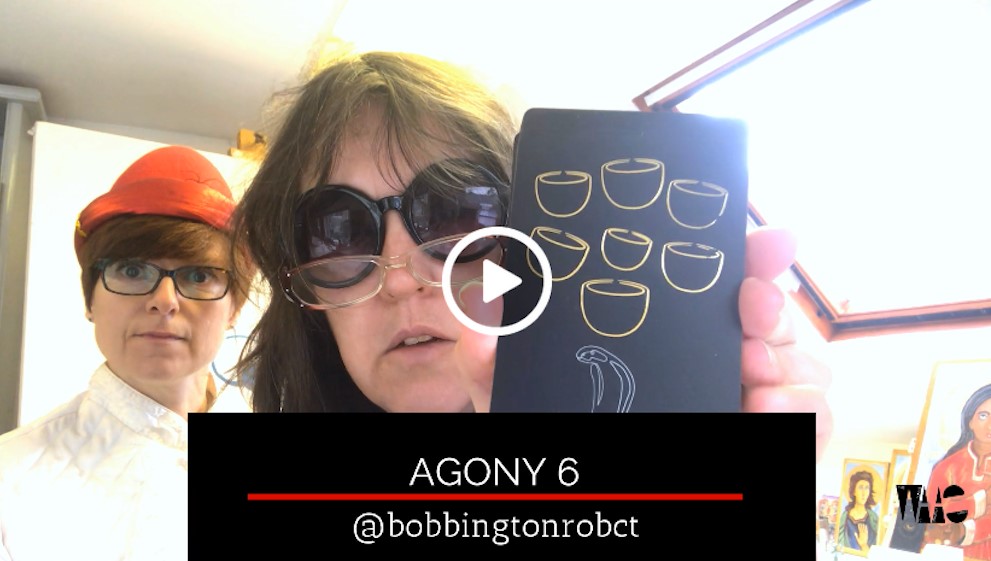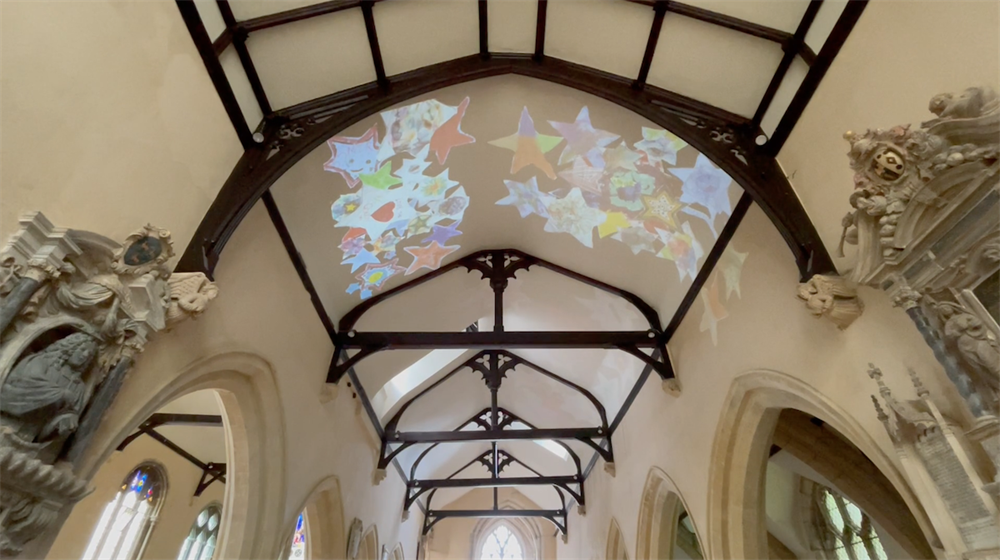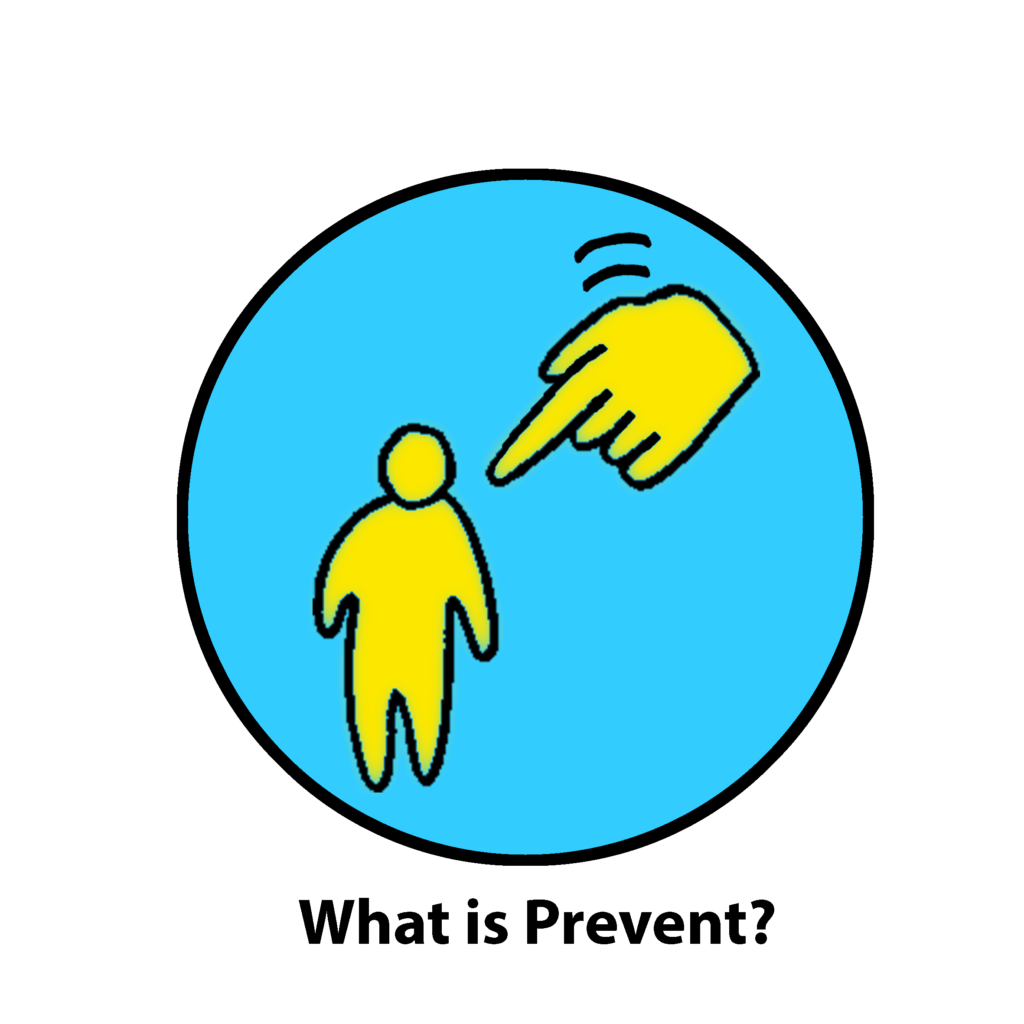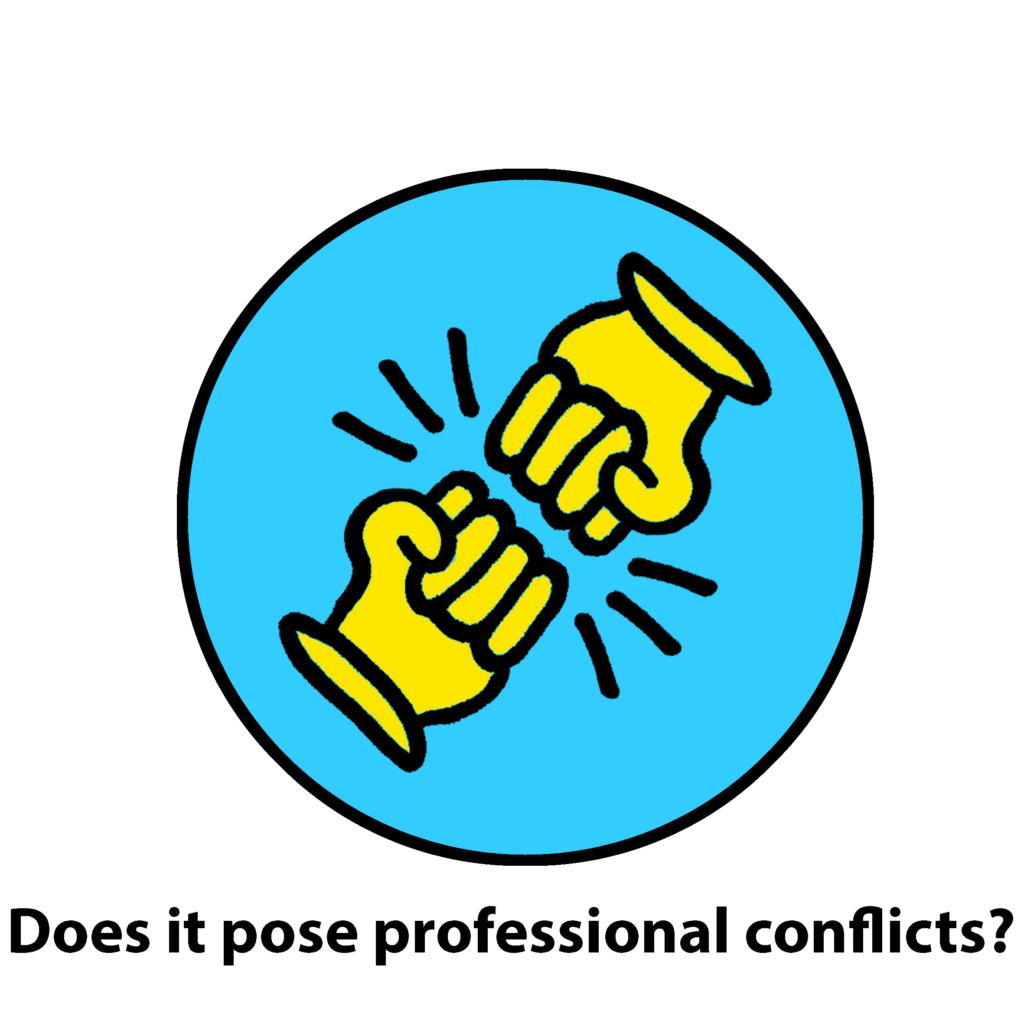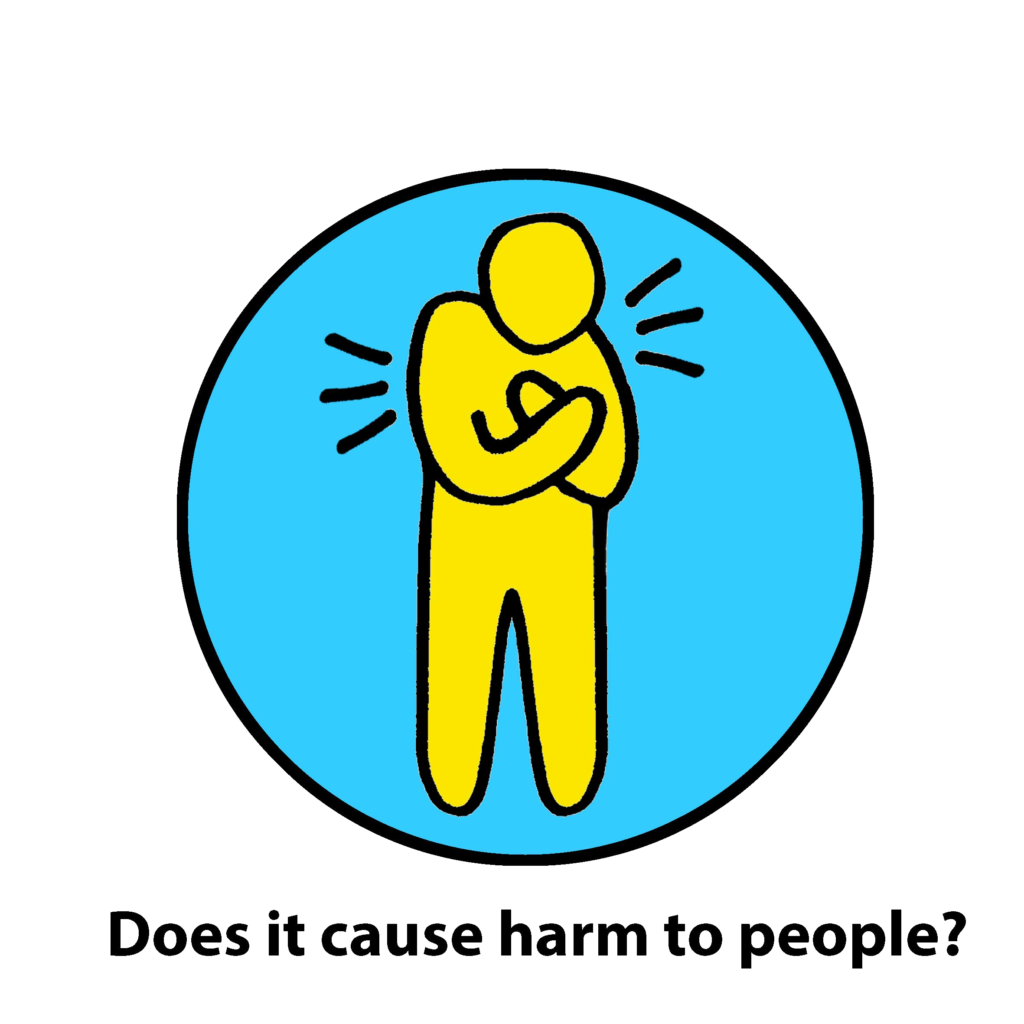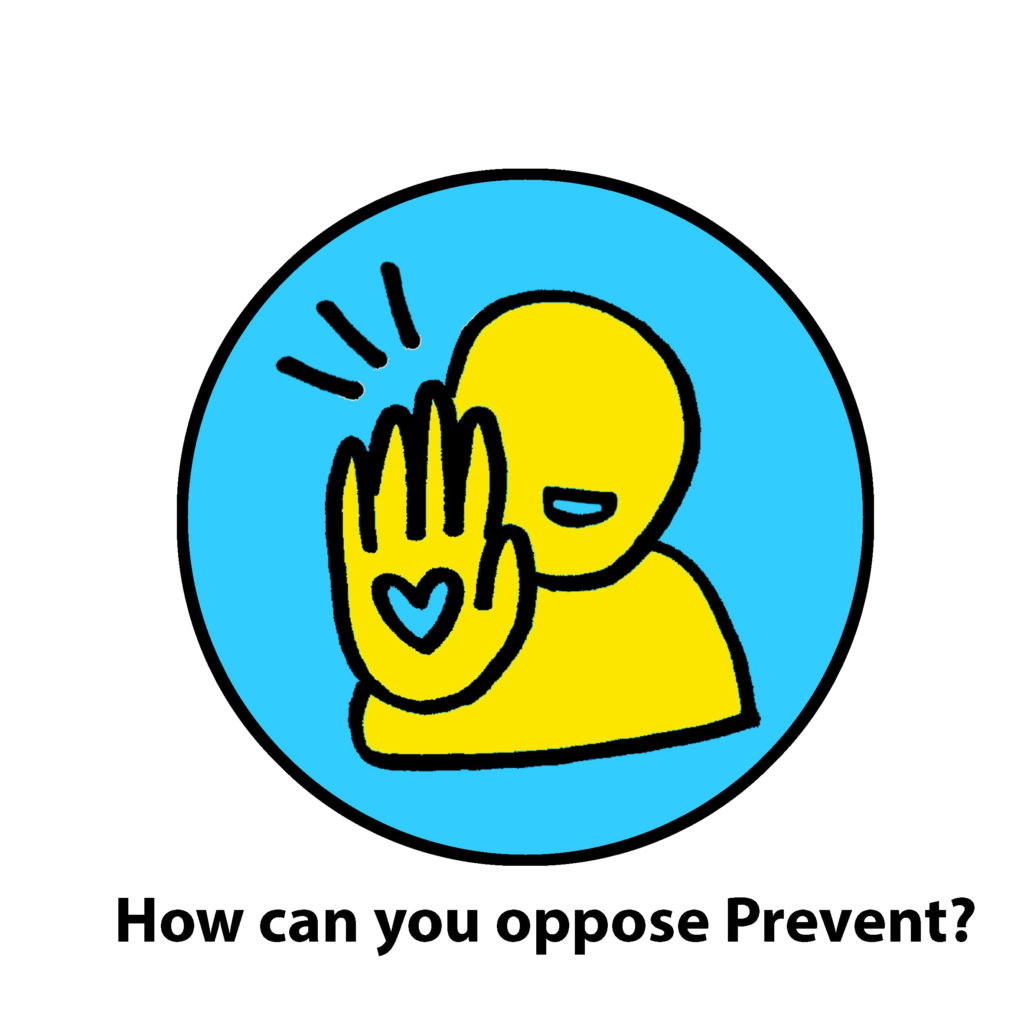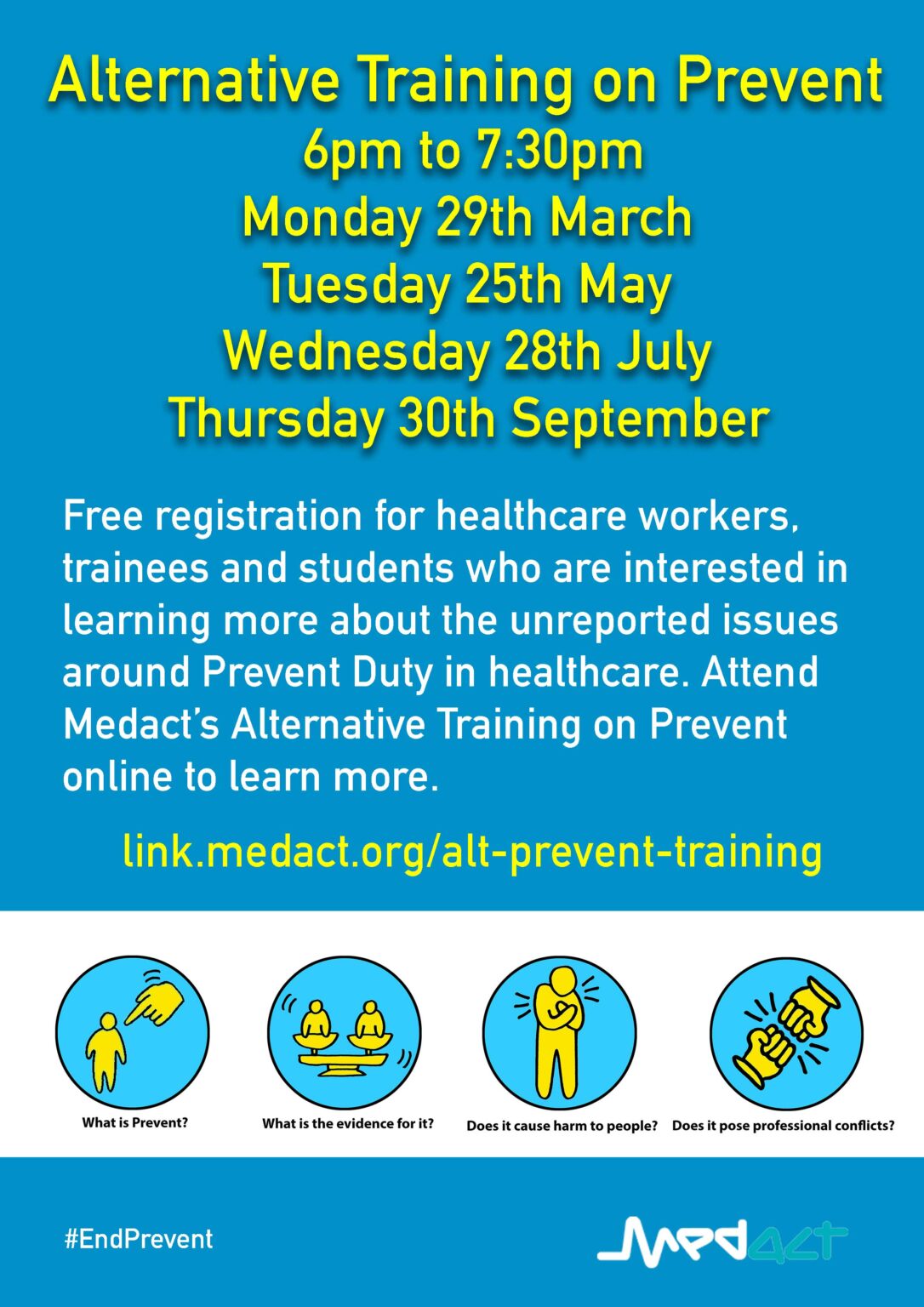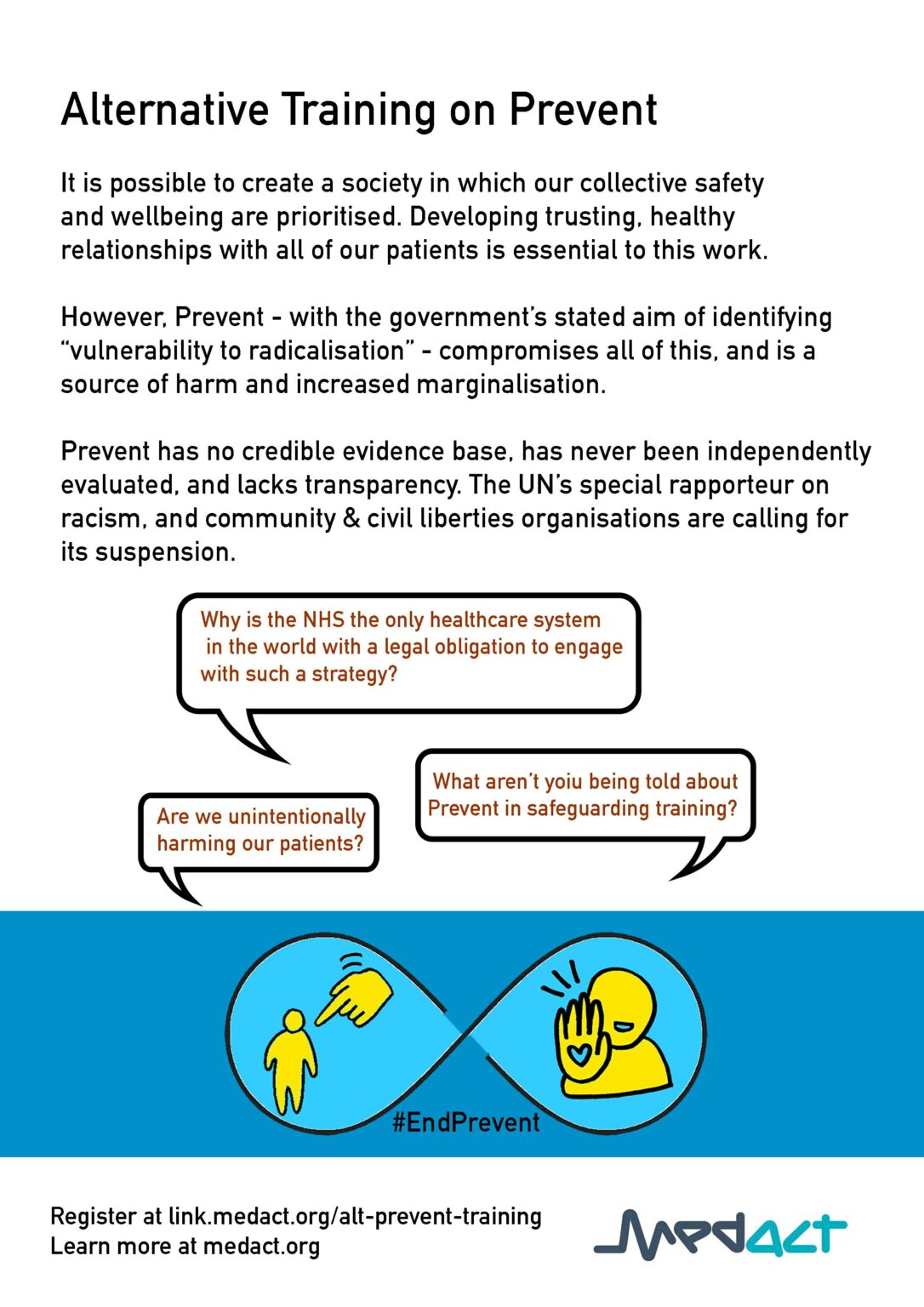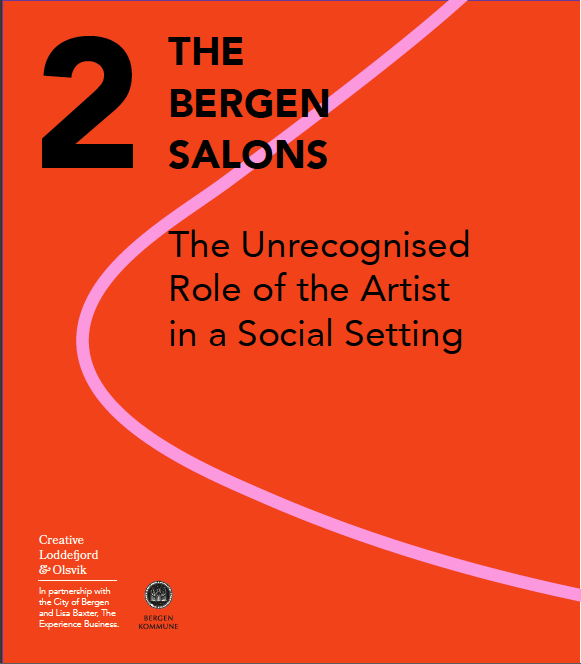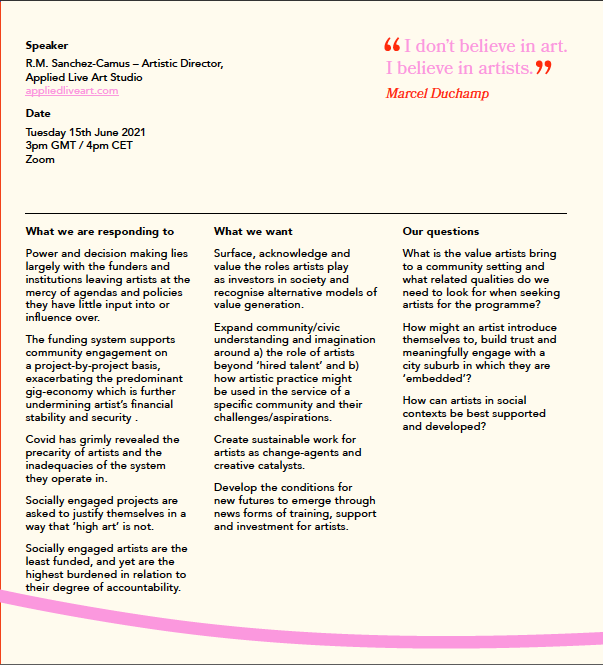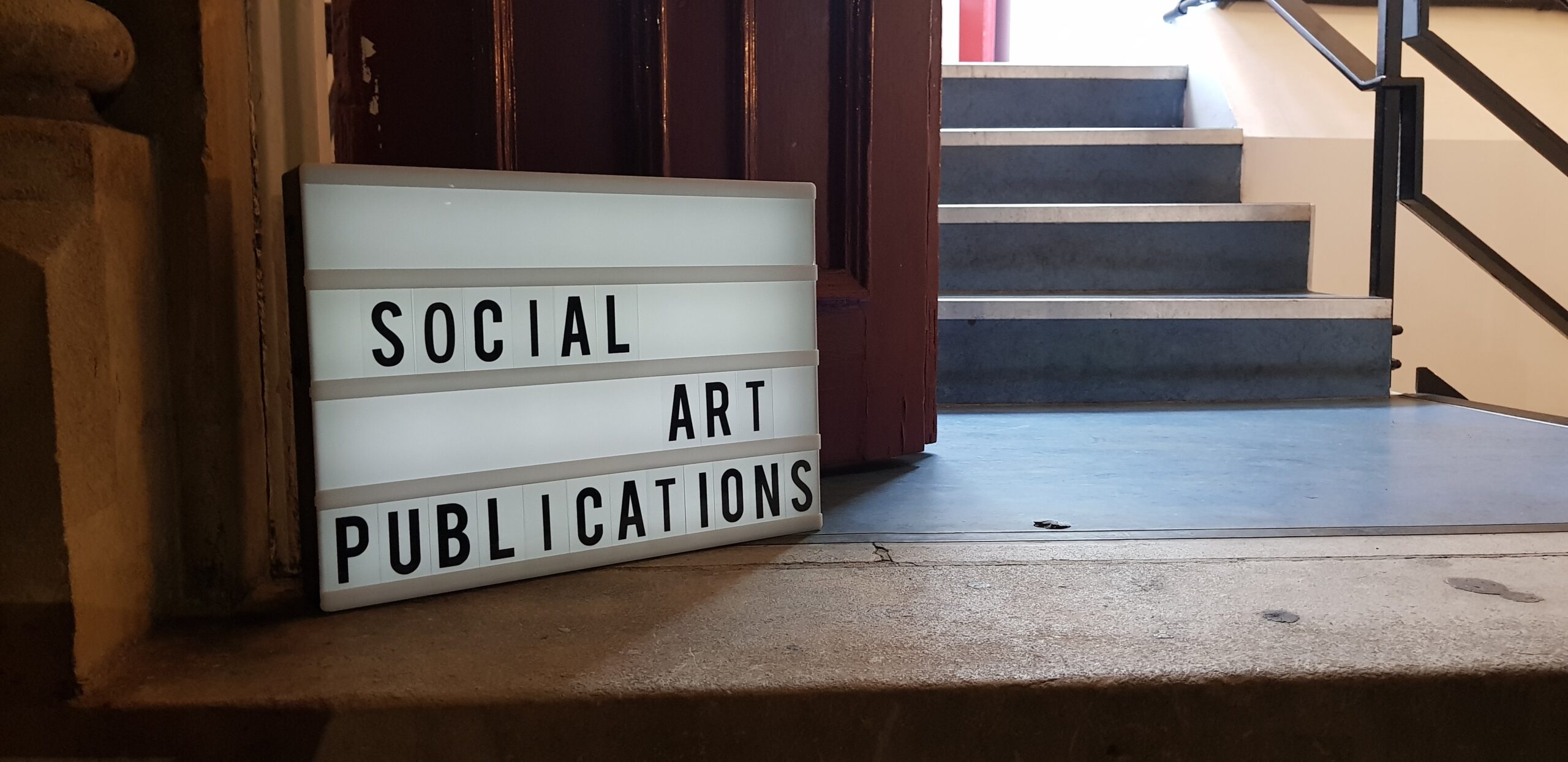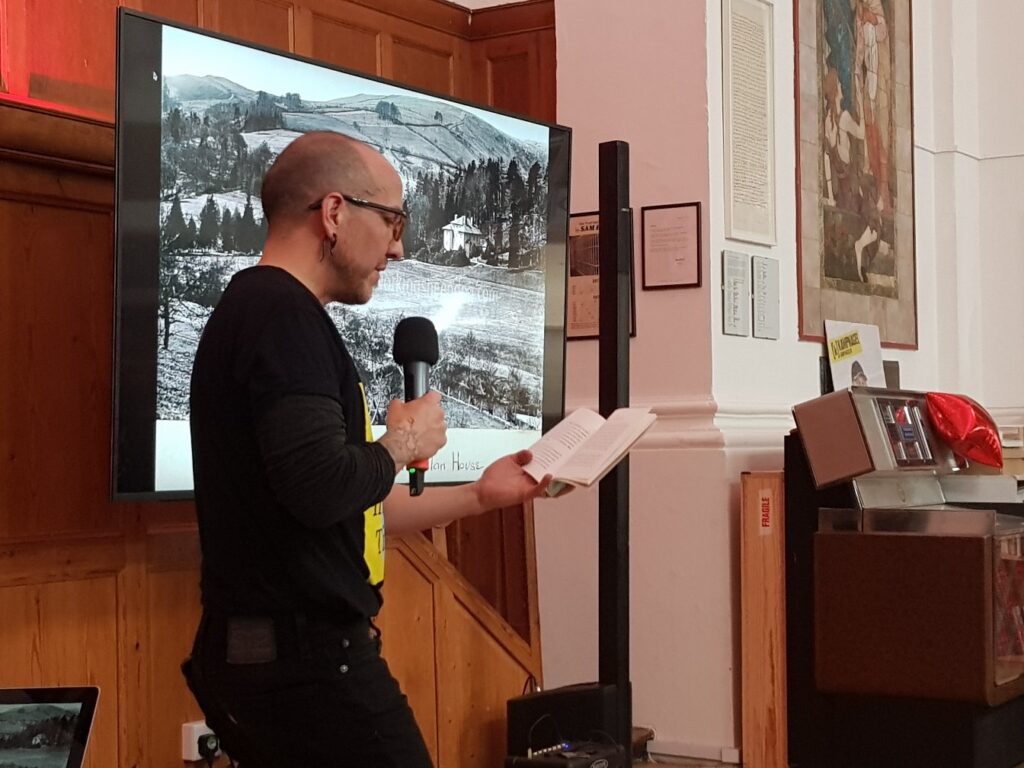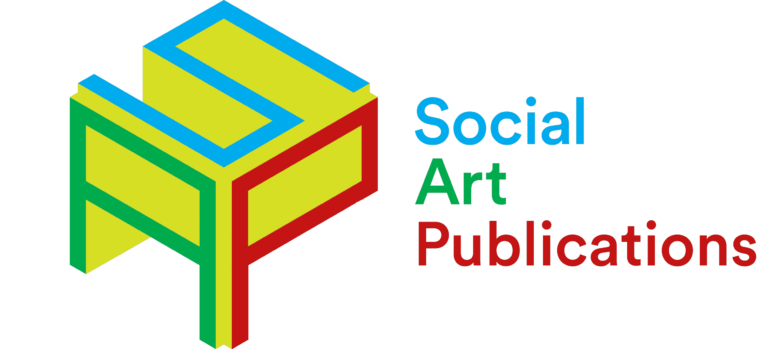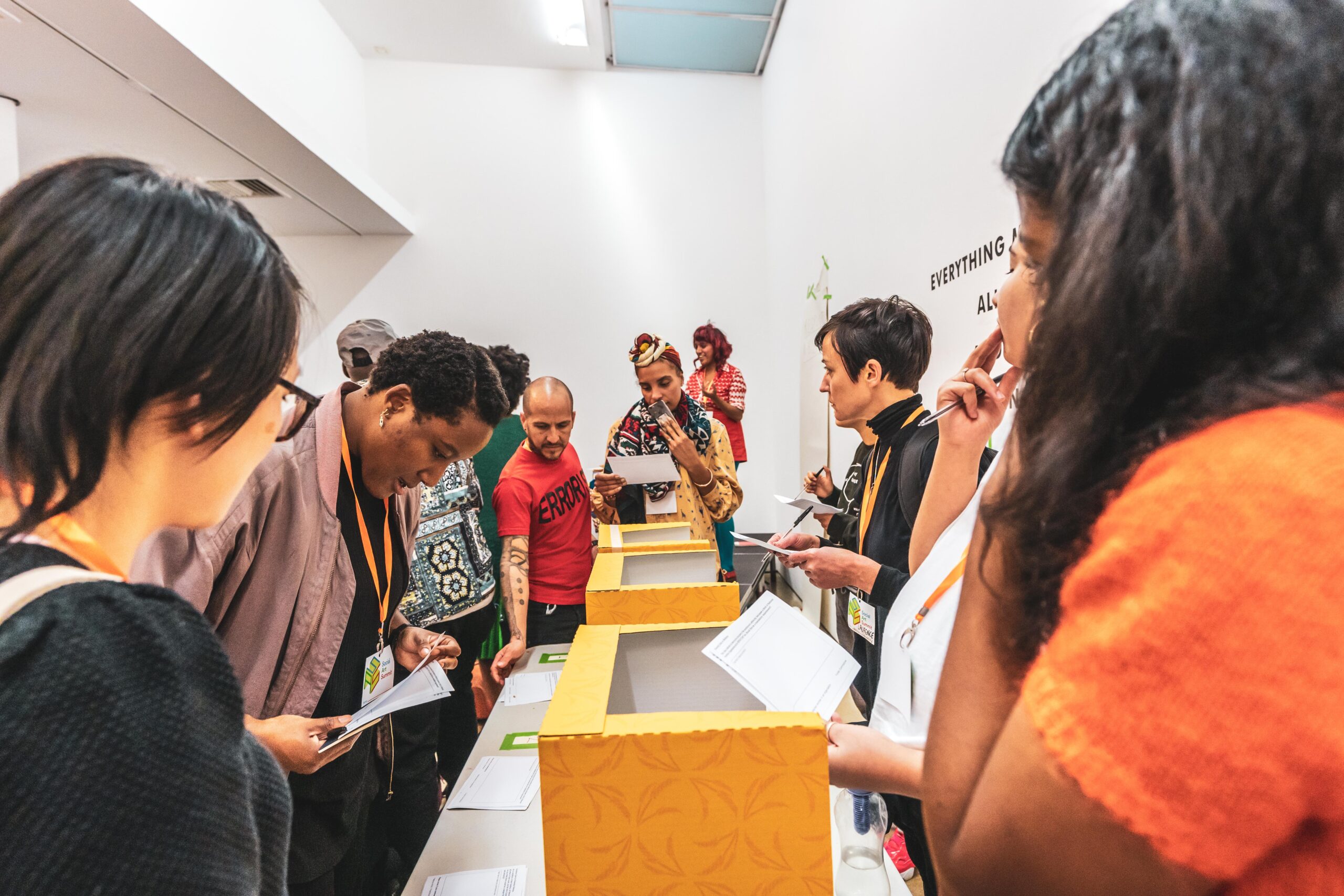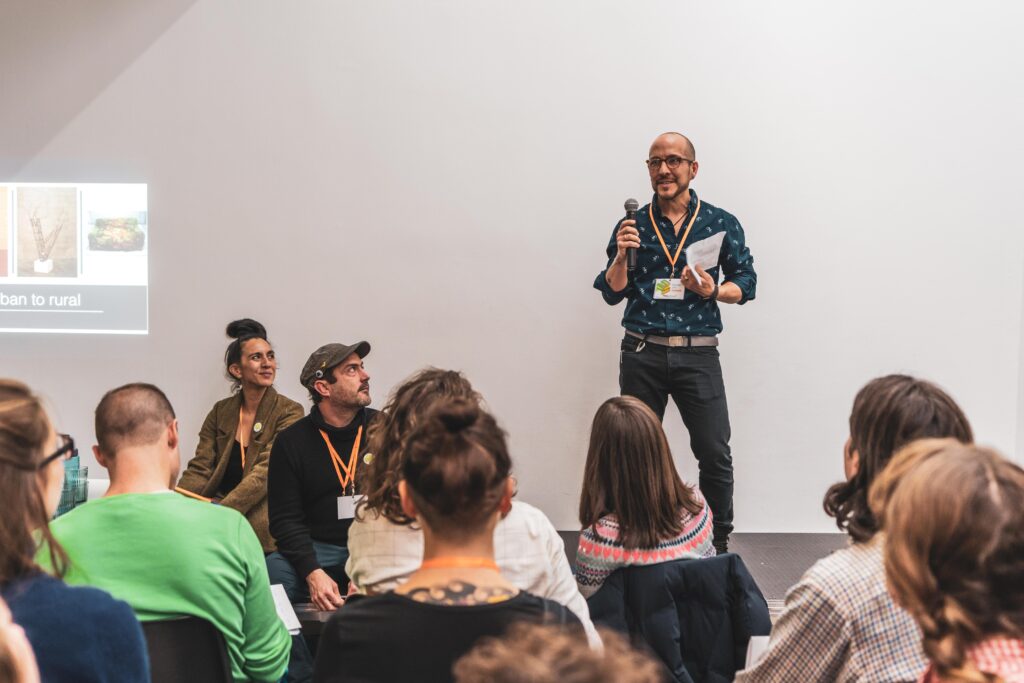Imperial War Museum, Public Engagement & Learning / Participation 2023 – 2024
Head of Delivery for IWM’s Public Engagement and Learning department which we renamed Participation with a focus to co-create with schools, adults, young people, and families in order to understand and explore the human impact of conflict.
- Part of the Leadership Team that devised, delivered and evaluated all engagement programming across 5 museums in 3 locations in England.
- Provided direct leadership and management of operational systems and processes, supported by a team of Senior Producers, Producers, Operations Assistants and Facilitators.
- Worked with colleagues across the all branches of the museum to deliver collaborative projects that fostered an engagement and programming cross over and ensure compliance with policies and governance, creating new policy and trainings where needed, and focussing on visitor growth of emerging audiences.
- Developing and delivering a new Participation Strategy and five-year business plan, including responsibility for a new lifecycle process for core and temporary engagement activities, a new Evaluation Framework and redevelopment of the Social Impact Framework.
- Led the Department’s operational activities, coordinating cross-departmental functions with teams including Visitor Experience, Volunteering, Finance, HR, Facilities and Customer Services. This included the transition to a new ticketing system from TOR to Digitickets and working with Service Design to implement user-centred changes.
- Oversaw all Departmental processes including programme lifecycles, risk management, project and partnership management, and KPI reporting, ensuring compliance with business standards and governance.
- Overall management of the Delivery and Operations team of 60 Learning Assistants, 13 Facilitators, 5 Operations Assistants and 1 Senior Producers of Operations.
